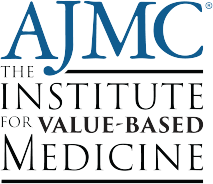- Center on Health Equity & Access
- Clinical
- Health Care Cost
- Health Care Delivery
- Insurance
- Policy
- Technology
- Value-Based Care
IVBM All Coverage
>All

Advancing Early Detection and Equitable Access in Alzheimer Disease Care
December 11th 2025Experts at a roundtable in Boston, Massachusetts, on November 3, 2025, discussed improving early Alzheimer disease diagnosis, addressing workforce and equity gaps, and expanding access to new disease-modifying therapies.
Read More
